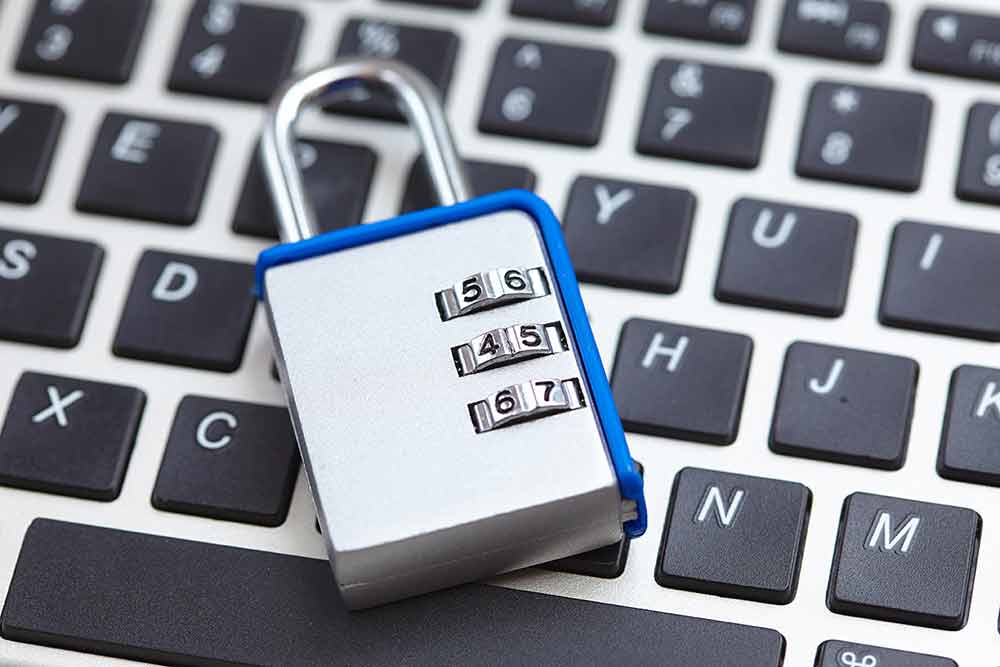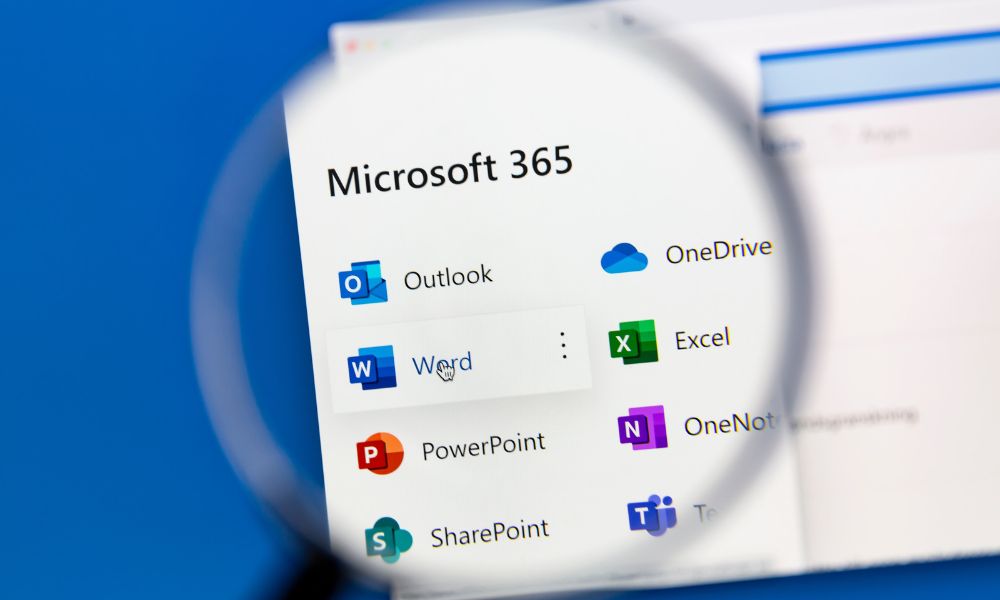How Your Business can Avoid Online Scams
Running a business isn’t easy. The odds are always going to be stacked against entrepreneurs and surviving as a small business is a constant challenge. Not only do you have to keep on top of your business’s finances, but you also need to look after your employees; ensure your customers and clients are receiving everything they need; and make sure that your business continues to pursue a solid growth strategy. You don’t need to spend time on top of this worrying about potential scammers!
Beware! Scammers Operating in This Area!
And yet business scams are a very real and growing problem. Many small business owners assume that they won’t be targets because of their relatively small profile. However, we are discovering that small and medium-sized businesses are just as likely to be targeted by scammers. One report found that as many as half of all small and medium-sized businesses have been targeted by scammers.

While there have always been scams affecting businesses, in recent years, we have seen a sharp increase in the number and the sophistication of these scams. The internet has provided scammers with a multitude of new potential attack vectors. It has also exposed the majority of small and medium-sized businesses to scams that they would not have come across otherwise.
Phishing
Phishing is one of the most common scams and is something that most of us have encountered at some point or another. A phishing scam is a scam in which the scammer poses as someone representing a service the target uses. They then ask the target to hand over information, under the pretence of it being for a business that they genuinely use.
Some common examples of phishing scams include a scammer posing as a target’s bank, phoning them up and asking them to confirm their identity by providing sensitive information. Attackers also regularly craft phishing emails purporting to be from recognisable and widely used online services like Google and Amazon.
Phishing scams have become very sophisticated in recent years. For example, it is now possible for the most determined scammers to craft phishing emails that are all but indistinguishable from a genuine email from the company in question.
You should always be mindful of the potential for phishing attacks. Even if you think you are speaking to a representative of a service that you legitimately use, you should never hand over information that can be used to access your account. Different businesses have different policies, but all should be able to tell you under what circumstances they will contact you and what, if any, information they will ask from you.
Malware and Ransomware
Malware
Malware and ransomware represent the new standard for scams in the digital age. Both of these scams rely on malicious software being installed on a business network. This can either be done when an attacker gains remote access to your network or can be caused by an employee bringing in an infected USB drive and plugging it into a computer on your network.
The other common means of tricking a user into installing malicious software is to embed the malware into an email attachment. This type of scam ties into the idea of phishing emails we discussed earlier. By disguising an email as being from someone who you expect to send you an email, they make it more likely that you will open the attachment.
Once attackers gain access to your network, there is no limit to the damage they can cause once they are inside. They can not only disrupt your business; they can also attack you financially, steal personal information for the purposes of blackmail and extortion, or even lock down your systems.
Ransomware
Ransomware is a specific type of malware that is designed to encrypt computer hard drives, only providing decryption when the user buys a password from the attackers. Ransomware attacks have the potential to cause very serious damage to your business and, in many cases, businesses have no choice but to pay.
You should make sure to have reliable antivirus software on all devices on your business network. You should also invest in a firewall to keep your internet connections secure, and a VPN service for your employees to use if they need to connect to your network remotely.
Staying Safe
Keeping yourself safe from scams and other online threats is more a matter of prevention than anything else. Take the right approach to designing your network security, which should include both antivirus software and staff training regarding specific threats. There is no such thing as being too cautious when it comes to ensuring the security of your business’s network.
Here are some of the simplest yet most effective measures you can take to keep your network secure:
Keeping Alert
Taking a more cautious approach to your business’s security will benefit you in the long run. Remember, even if yours is a relatively small business, it doesn’t mean you won’t be targeted by scammers. In fact, many scammers believe that larger businesses will have better and more comprehensive security in place, making it harder to successfully scam them. Therefore, scams perpetrated against small and medium-sized businesses are just as likely.

Remember, simply installing antivirus software on your systems isn’t going to keep you safe. You also need to speak to your staff and make sure that they understand the warning signs of phishing attacks and other scams.
If you’re looking for honest and impartial advice or consultancy on how to step up IT security at your business then reach out and contact NECL today!








